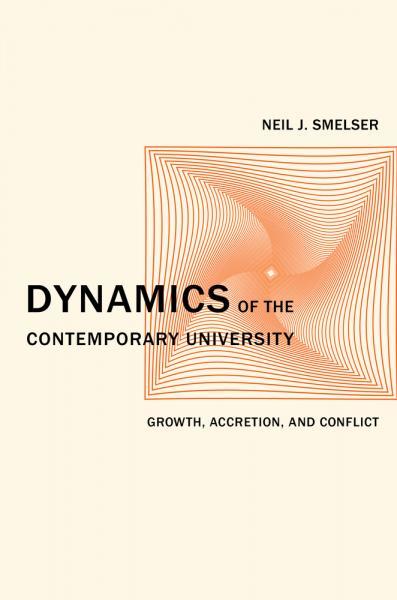There is an extensive literature on the productivity of universities. Little is known, however, about how different types of leaders affect a university’s performance. To address this question, this paper blends quantitative and qualitative evidence. First, I establish that the best universities in the world are led by respected scholars. Next, by constructing a new longitudinal dataset, I show that the research quality of a university improves some years after it appoints a president (or vice chancellor) who is an accomplished researcher. To try to explain why scholar-leaders might...

 This book is an expanded version of the Clark Kerr Lectures of 2012, delivered by Neil Smelser at the University of California at Berkeley in January and February of that year. The initial exposition is of a theory of change—labeled structural accretion—that has characterized the history of American higher education, mainly (but not exclusively) of universities. The essence of the theory is that institutions of higher education...
This book is an expanded version of the Clark Kerr Lectures of 2012, delivered by Neil Smelser at the University of California at Berkeley in January and February of that year. The initial exposition is of a theory of change—labeled structural accretion—that has characterized the history of American higher education, mainly (but not exclusively) of universities. The essence of the theory is that institutions of higher education...